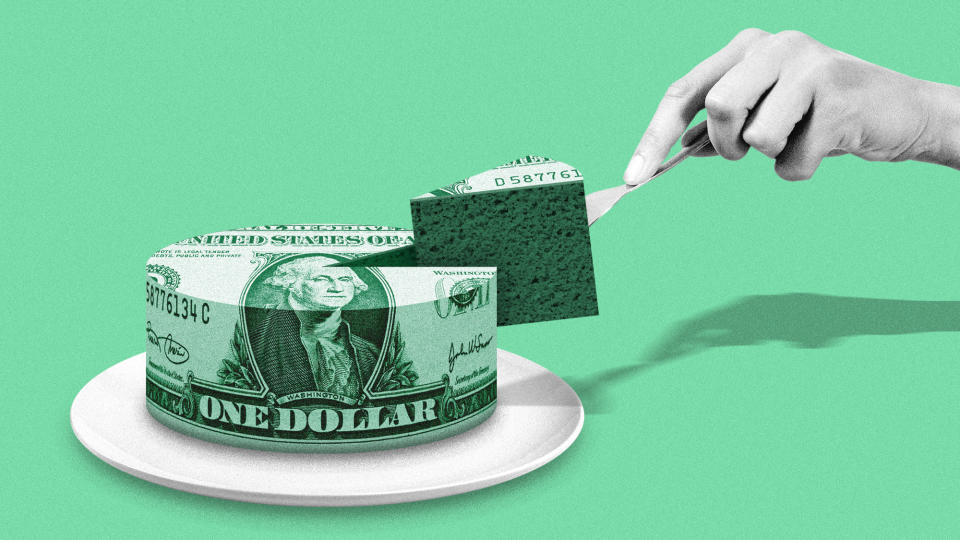What will the presidential election mean for corporate taxes?

The outcome of the 2024 presidential election will trigger a "colossal multi-trillion-dollar fight over taxes," said Semafor. Big chunks of Donald Trump's 2017 tax cut law will expire in 2025, giving whoever wins the election — both the White House and Congress — "the opportunity to rewrite much of the IRS code." Trump hasn't officially released a tax plan, though he recently told a gathering of CEOs that he plans new cuts to corporate taxes, while President Joe Biden has offered proposals "aimed at raising taxes on multinational corporations and the richest Americans."
It's not clear that Trump has the rest of the GOP on board to slash taxes for big business. "Anti-corporate sentiment is running high among increasingly populist-minded Republicans," said Politico. One influential Republican, Rep. Chip Roy (Texas), has even proposed raising the corporate tax rate from 21% to 25%. "There's a bubbling-up concern that we should not be doing the bidding of corporate America," Roy said. Corporate lobbyists are already rushing into the fray, with one executive saying that businesses shouldn't bear the brunt of tax increases "because those businesses are the ones that are creating jobs."
What did the commentators say?
"The time is now to curb the corrosive concentrations of extreme wealth and corporate power," Oxfam's Irit Tamir said at Fortune. While the official corporate tax rate is at 21%, the "effective" tax rate — what corporations actually pay after deductions — can be much lower: The pharmaceutical industry, for example, pays an effective tax rate of 11.6%. "This is far lower than what the average American pays." Any new tax structure that preserves low rates for corporations and the rich is "one that will further inequality in this country."
"Who pays corporate taxes? Look in the mirror," Phil Gramm and Mike Solon said at The Wall Street Journal. The economics are simple: "When the corporate tax rate increases, corporations try to pass the cost on to consumers." One recent Treasury study even revealed that Americans pay more in corporate taxes than in individual taxes. This is why Congress should reject efforts to raise corporate taxes. "By taxing corporations, the Democrats are taxing the American people."
What next?
Like in 2020, Biden is running this year on a promise to make the wealthy and corporations pay their "fair share," said The New York Times. But so far in his first term he has actually cut taxes overall, for both businesses and individuals, to the tune of roughly $600 billion over four years. "It's reasonable to conclude from those numbers that the Biden tax policy hasn't been some kind of radical tax-raising program," said an expert at the Urban-Brookings Tax Policy Center. But that's in large part because Congress hasn't gone along with Biden's "most ambitious tax-raising plans" — and also because he has used corporate tax breaks to encourage the growth of industries like semiconductor and electric vehicle manufacturing.
Despite his promise of corporate tax cuts, Axios said, Trump may be having trouble getting traction with the CEOs of America's biggest companies. No leader of a Fortune 100 company has donated to the former president's campaign. Forty-two CEOs supported George W. Bush's last campaign in 2004. "Roughly two-thirds of CEOs are registered Republicans," said Axios, "but they're not MAGA."

 Yahoo Finance
Yahoo Finance 